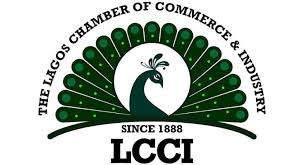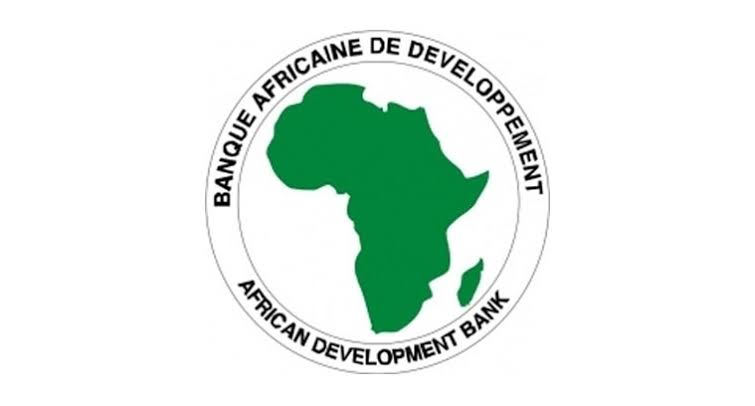The Lagos Chamber of Commerce and Industry (LCCI) has called on the Federal Government to urgently accelerate ongoing economic reforms, warning that rising poverty and weak investor confidence continue to threaten national growth and business stability. The statement follows the World Bank’s Nigeria Development Update (NDU) 2025 report, which projected worsening economic hardship if bold action is delayed.
The Chamber expressed concern over the deepening poverty affecting more than 133 million citizens and stressed that current policy efforts, though commendable, are not moving fast enough to deliver meaningful structural change.
It urged the government to prioritise large-scale investments in agricultural value chains, agro-processing, and rural infrastructure. According to the Chamber, strengthening agriculture is critical to boosting productivity, improving food security, and easing the pressure of food inflation,an issue that directly affects households and small businesses.
It further advised the government to reduce import dependence and improve access to credit and technology for local producers. Expanding domestic production capacity, it said, would support the naira and reduce the operational strain on businesses reliant on imported inputs.
Energy costs were described as a central threat to industrial competitiveness and small enterprise survival. The Chamber called for urgent expansion of domestic energy generation, accelerated power sector reforms, and incentives for renewable energy adoption to make electricity more reliable and affordable for manufacturers, service providers, and households.
On the oil and gas sector, it highlighted the persistent disruptions in supply and urged stronger regulatory oversight and strict enforcement of industry standards to stabilise output and protect the wider economy.
The LCCI also drew attention to failing infrastructure, noting that poor road networks and logistics inefficiencies are eroding productivity and driving up the cost of doing business nationwide. Addressing those bottlenecks, it said, is essential for trade facilitation and national competitiveness.
With businesses facing significant pressures from inflation, currency volatility, and high operating costs, the Chamber insisted that only rapid, coordinated reforms will enable sustainable growth and protect livelihoods.










